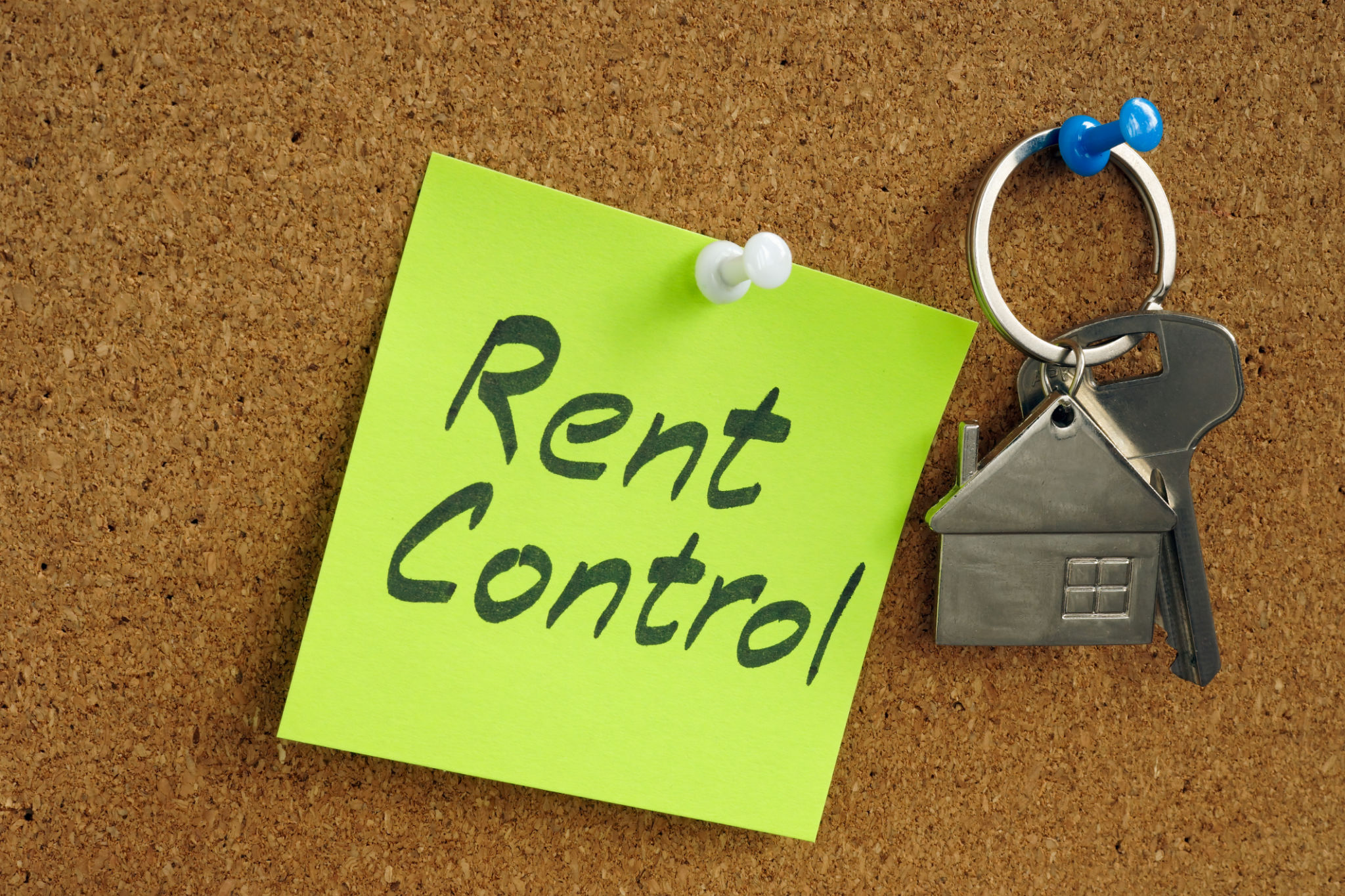Tenant Comfort, Cooking Rights & Cultural Respect: A Case Study
Introduction to Tenant Comfort and Cultural Practices
When managing rental properties, it's crucial to prioritize tenant comfort while being mindful of their cultural practices. Respecting these elements not only ensures a harmonious landlord-tenant relationship but also contributes to a welcoming community atmosphere. As the world becomes increasingly diverse, understanding and accommodating different cultural norms can set your property apart.

Understanding Cultural Practices
Every culture has its own set of practices, traditions, and social norms. As a property owner or manager, it's important to be aware of these differences and approach them with sensitivity. Some tenants may have specific requirements, such as dietary restrictions or religious practices, that could influence how they use the property or its amenities. Recognizing and respecting these needs is a sign of good management.
For instance, some cultures may require specific times for prayer, which might necessitate quiet hours or designated prayer spaces. Others may celebrate various festivals that involve gatherings, cooking, or decorations. Being open to these practices and facilitating them where possible can greatly enhance tenant satisfaction.
Creating a Comfortable Living Environment
Comfort in a rental property extends beyond physical amenities. A welcoming environment considers the personal and cultural needs of tenants. Simple measures such as ensuring soundproofing to respect prayer times or allowing decorations during festive periods can make a significant difference.

Engaging with tenants to understand their preferences can help in tailoring services accordingly. This might include offering flexible lease terms for those who observe certain cultural holidays or providing community spaces that accommodate various cultural activities.
Effective Communication
Communication is key to understanding and respecting tenant comfort and cultural practices. Establish open lines of communication from the outset by encouraging tenants to share any specific needs or concerns. Regular check-ins can offer valuable insights into how you might better meet their expectations.
Consider providing informational materials about local cultural events or resources that may be of interest to your tenants. This not only helps to build a sense of community but also demonstrates your commitment to inclusivity and respect for diversity.
Legal Considerations
While it is important to be accommodating, it is equally crucial to be aware of legal considerations regarding tenant rights and anti-discrimination laws. Ensure that all policies are fair and non-discriminatory, offering equal opportunities to all tenants regardless of their cultural background.
Consulting legal professionals can help ensure that your efforts to respect cultural practices are in line with local regulations. This not only protects your property management practices from potential legal issues but also helps to foster a respectful and inclusive living environment.
Conclusion
Respecting tenant comfort and cultural practices in rented properties is an ongoing commitment that benefits both tenants and property owners. By fostering an inclusive and respectful community, you not only enhance tenant satisfaction but also contribute positively to the diversity and richness of the wider community.
Ultimately, embracing cultural diversity within rented properties reflects a modern and forward-thinking approach to property management. It underscores your dedication to creating a welcoming home for everyone, regardless of their background.
